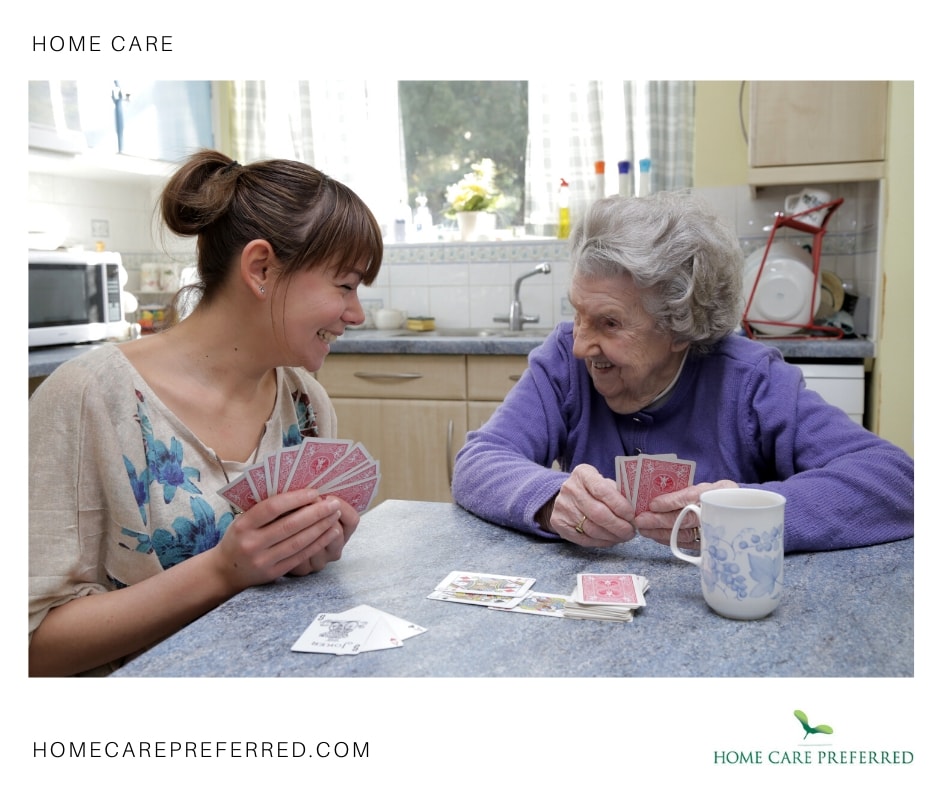
In today's world, ensuring our elderly loved ones receive the best care possible is a top priority for many families. Personalised live-in care has emerged as a promising solution, offering tailored support that enhances seniors' quality of life while allowing them to remain in the comfort of their own homes. This guide aims to provide a clear understanding of personalised care, its benefits, and how it can positively impact the lives of seniors and their families.
Understanding Personalised Live-In Care
Personalised live-in care is a holistic approach to elder care that goes beyond the traditional model. Rather than adhering to rigid routines found in nursing homes or assisted living facilities, personalised care plans are tailored to meet the unique needs and preferences of each senior. This approach recognises that every senior is different and requires personalised attention to thrive.
Key Components of Personalised Care Plans
Comprehensive Assessment
Personalised care begins with thoroughly assessing the senior's physical health, emotional well-being, and social needs. This assessment serves as the foundation for creating a customised care plan that addresses all aspects of the senior's well-being.
Customised Caregiver Matching
One key feature of personalised live-in care is the careful selection of caregivers who are not only skilled but also compatible with the senior's personality and preferences. Building a strong relationship between the caregiver and the senior is essential for fostering trust and ensuring quality care.
Tailored Services
Personalised care plans encompass a wide range of services, including assistance with daily activities such as bathing, dressing, and meal preparation, as well as companionship and emotional support. By tailoring these services to meet the senior's specific needs, personalised care promotes independence and enhances overall quality of life.
Benefits of Personalised Care
Enhanced Quality of Life
Personalised live-in care empowers seniors to maintain their independence and dignity while receiving the support they need to thrive. By focusing on each senior's individual needs and preferences, personalised care enhances their quality of life and promotes a sense of fulfilment and well-being.
Improved Health Outcomes
Research has shown that personalised care can lead to better health outcomes for seniors, including reduced hospitalisations and improved overall well-being. By providing proactive, preventive care and addressing health issues promptly, personalised care helps seniors stay healthier and happier for longer.
Peace of Mind for Families
Knowing that their elderly loved ones receive personalised care from skilled and compassionate caregivers brings peace of mind to families. They can rest assured knowing that their loved ones are safe, comfortable, and receiving the attention they deserve in the familiar surroundings of their own homes.
Tailoring Care Plans to Individual Needs
Personalised care plans are designed to be flexible and adaptable, allowing for changes as the senior's needs evolve over time. This involves regularly assessing the senior's needs and preferences, adjusting the care plan accordingly, and ensuring that the senior remains actively involved in decision-making.
Enhancing Quality of Life Through Personalised Care
In addition to meeting the basic needs of seniors, personalised care focuses on improving the overall quality of life for seniors by fostering emotional well-being, encouraging social engagement, and providing meaningful activities.
Collaboration and Communication in Care Planning
Effective communication and collaboration between caregivers, seniors, and their families are essential for the success of personalised care. This involves maintaining open lines of communication, actively involving the senior in decision-making processes, and ensuring that caregivers have the support and resources they need to provide high-quality care.
Implementing and Monitoring Care Plans
Once a personalised care plan is in place, monitoring its effectiveness and making adjustments as needed is important. This involves regularly assessing the senior's progress, communicating any changes or concerns with the care team, and ensuring that the senior's needs continue to be met as they age and their circumstances change.
FAQ Section:
1. How does the cost of personalised live-in care compare to other elder care options such as assisted living facilities or nursing homes?
The cost of personalised live-in care can vary depending on factors such as the level of care required, the location, and the specific services provided. While personalised care may initially seem more expensive than other options, such as assisted living facilities or nursing homes, it's important to consider the value it offers. Personalised care provides one-on-one attention and tailored support, which can lead to better health outcomes and overall satisfaction for seniors.
2. Are there any specific qualifications or certifications that caregivers providing personalised live-in care should possess?
When selecting caregivers for personalised live-in care, it's important to ensure that they have the necessary qualifications and certifications. This may include training in first aid, CPR, medication management, and dementia care. Additionally, caregivers should possess compassion, patience, and reliability.
3. What are the potential challenges or drawbacks of implementing personalised live-in care, and how can families effectively address them?
While personalised live-in care offers numerous benefits, families need to be aware of potential challenges and drawbacks. These may include finding the right caregiver match for the senior, coordinating schedules, and managing caregiver turnover. To address these challenges effectively, families can work closely with home care agencies, maintain open lines of communication, and ensure that caregivers have the support and resources they need to provide high-quality care.
© Home Care Preferred Barnet

 Log in with Facebook
Log in with Facebook 









